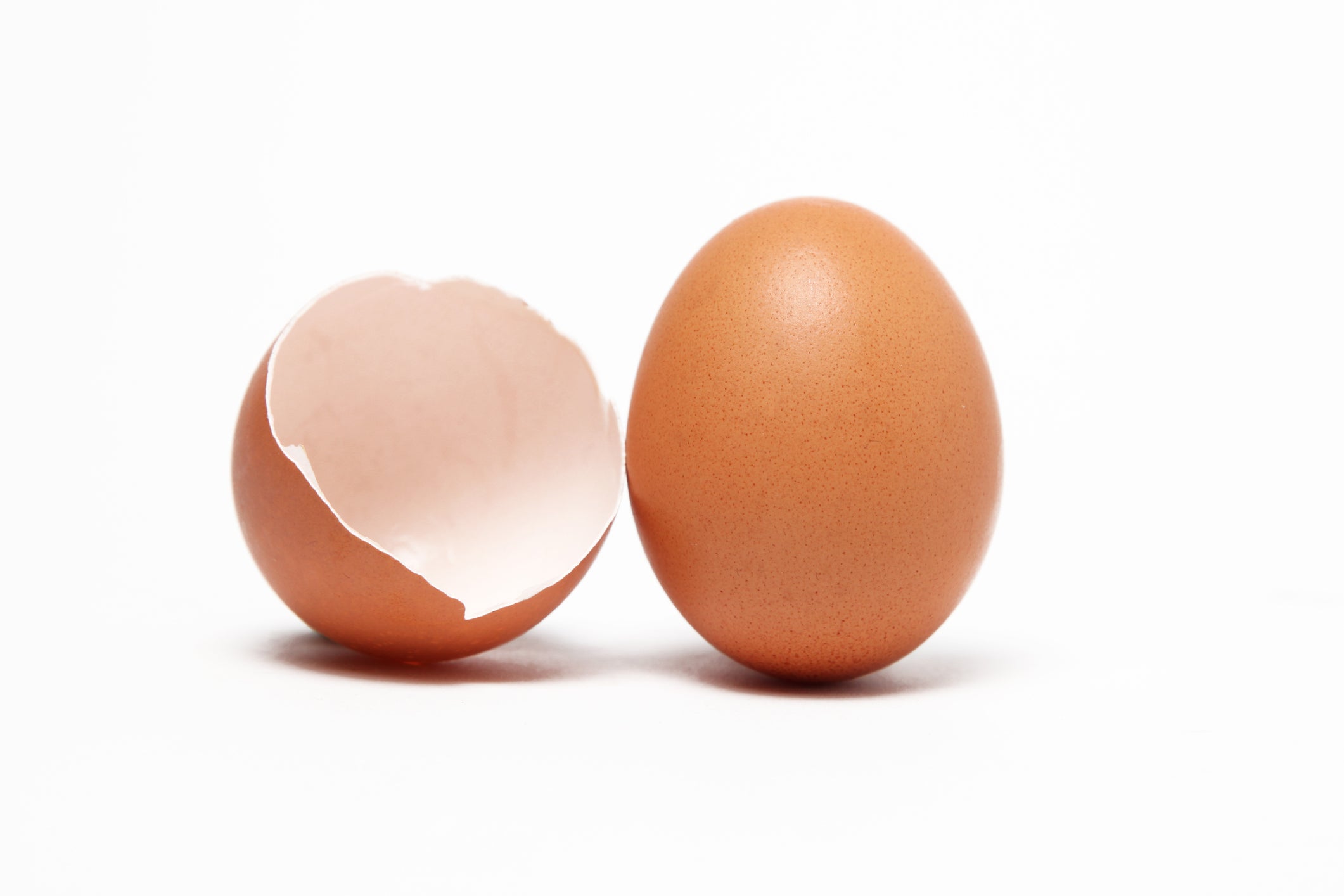Can getting kicked in the testicles affect fertility?

It’s a joke in Hollywood movies and a staple of America’s Funniest Home Videos, but if it happens to you, you’re unlikely to find it funny. Getting kicked or hit in the testicles can hurt badly, and if it’s significant enough, it can lead to complications that include sexual dysfunction, urological problems, low testosterone, and even infertility. Let’s look at why testicles are so sensitive, and how to know if your injury is serious enough for concern.
The testicles are vulnerable to injury because they hang outside of the body. These two, small, egg-shaped organs are contained in the scrotum, and having them outside the body keeps them 2 degrees lower than the rest of the body, the ideal temperature for sperm production. While that’s great news for sperm production, it means there are no muscles or bones protecting the testicles from blunt force trauma or penetrating injuries. Blunt trauma, resulting from being kicked or struck by an object, makes up 85 percent of testicular injuries. Penetrating injuries, which happen when something like a knife or bullet pierces the skin, makes up the other 15 percent. Vehicular accidents, bicycle collisions, animal bites, and machinery accidents are all sources of testicular injury.
If you suffer an injury to your testicles, you may experience a contusion, which involves swelling, bleeding, or bruising, cause by damage to the blood vessels. There are also other, more serious types of injuries. Testicular torsion happens when the spermatic cord inside the testicle is twisted, and this leads to tissue death. A rupture or fracture is a tear in the testicle covering, while a degloving means the scrotum skin has been torn away from the testicles. Your testicle may be forced out of position, which is called a dislocation, or it could be detached from the body.
No matter what kind of injury your testicles sustain, it’s going to hurt intensely, and that pain will probably last at least an hour. That’s because the genital area is packed full of nerve endings, so it is much more sensitive than areas of the body where the nerves are spread out more. You will probably feel referred pain in your stomach, because there are shared nerves and tissues between the abdomen and scrotum. To get over the pain, you may need to lie down, apply a cold compress, and take an over the counter pain reliever. Wearing supportive underwear can help because it limits movement.
If the pain lasts more than an hour, you should probably head to the emergency room. Bruising, fever, persistent nausea, difficulty urinating, or blood in the urine are also symptoms that necessitate emergency medical care. These symptoms could mean that enough damage has happened to impact your fertility. Testicular torsion and rupture are both conditions that require surgery to repair them, and if you get medical treatment quickly enough, normal function can be restored.
If the damage is not repaired in time, or there is damage to the epididymis that causes testicular shrinkage, it can impact your fertility. There is also a type of infection which may go undetected until days after the injury. Left untreated, it can cause the epididymis to be unable to store and carry sperm. Scar tissue from an injury may cause a reduction in sperm production. In other cases, a testicular injury can affect hormone production, making it difficult to maintain an erection or conceive a child. It’s always important to get a testicular injury checked out if you think it might be severe, so that you can protect your fertility.
At the Center for Vasectomy Reversal, we pride ourselves on helping men improve their fertility through uncompromising, concierge-level patient care. Under the direction of Dr. Joshua Green, our team provides state-of-the-art treatment for men who need a reversal of their vasectomy or have other fertility concerns. To learn more, contact us through our website or call 941-894-6428.
Recent Posts
Popular Posts
categories
- Uncategorized
- Sperm Retrieval
- vasectomy reversal
- Emergency
- Dr. Green
- sperm count
- fertility
- male infertility
- MESA
- medical care
- low sperm count
- IVF
- male fertility testing
- anesthesia
- pregnancy
- sperm aspiration
- semen analysis
- post-vasectomy pain syndrome
- infertility
- VE
- anti-sperm antibodies
- older dad
- general anesthesia
- gender reveal party
- post-operative infections
- baby name
- parent
- baby's first year
- fertilization process
- spinal anesthesia
- ACS Fellow
- nutrition tips
- concierge-level care
- fertility planning app
- azoospermia
- out-of-town patients
- V-V
- post-vasectomy reversal
- conceiving
- vasectomy
- vasoepididymostomy
- smoking
- sperm quality
- baby registry
- infographic
- surgical care
- surgical consultation process
- prostate cancer
- baby gender
- family time
- COVID
- Baby Shower
- Child Care
- Halloween Costume Ideas for Babies
- Halloween
- Halloween Safety Tips
- Celebrity Infertility Spotlight
- Postpartum
- testosterone
- Father's Day
- Father
- Men's Health
- Thanksgiving
- Pregnancy Announcement
- Parenting Tips
- Sperm
